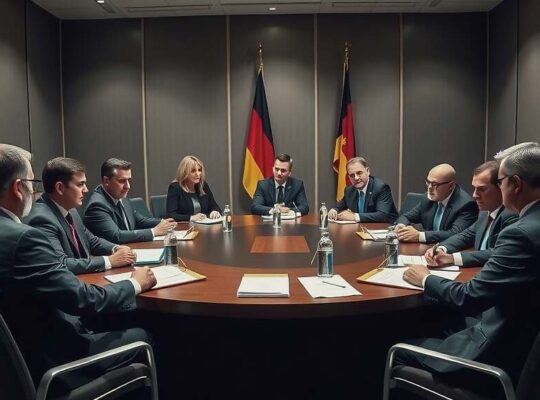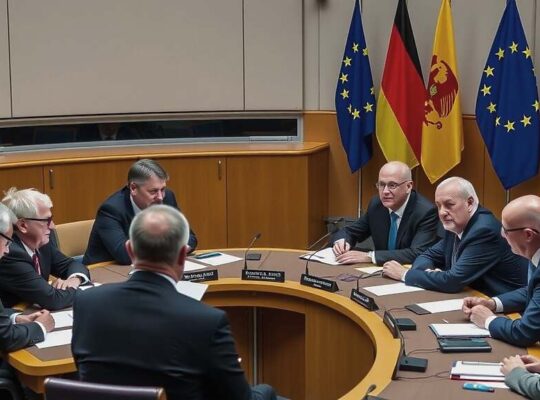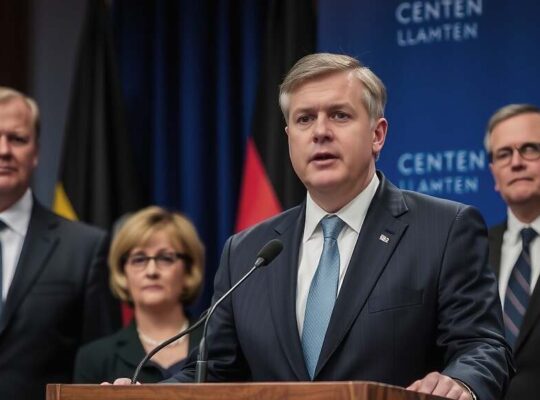Shifting Sands: Calls Mount for Resumption of German Arms Exports to Israel
A prominent voice within German-Israeli relations is pressing the federal government to reverse its recent restrictions on arms exports to Israel, igniting renewed debate over Berlin’s role in regional security. Volker Beck, president of the German-Israeli Society, argues that the existing rationale underpinning the August weapons embargo has evaporated in the wake of the recently established ceasefire.
The embargo, announced by Chancellor Friedrich Merz (CDU), initially stemmed from concerns surrounding Israel’s planned military offensive in Gaza City. At the time, Berlin cited the potential for civilian casualties and the escalating humanitarian crisis as justification for halting shipments of weaponry usable within the Gaza Strip. This action represented a significant shift in German policy, previously characterised by a more permissive approach to arms exports.
Beck’s call for a reconsideration of this policy underscores a growing divergence in perspectives. He contends that the cessation of hostilities necessitates a re-evaluation of Germany’s responsibilities, asserting that the Federal Security Council should now grant the necessary export licenses to support Israel’s ongoing security requirements, particularly within the context of a protracted peace process.
However, the re-emergence of this debate is fraught with political and ethical complexities. Critics argue that resuming arms exports, even in the aftermath of a ceasefire, risks emboldening the Israeli government and potentially exacerbating future conflicts. Concerns remain regarding the proportionality of Israeli military actions and the long-term impact of escalating violence on the Palestinian population.
The decision, should it be revisited, will likely face resistance from within the German parliament and among civil society groups who champion Palestinian rights and advocate for a more critical assessment of Israeli government actions. It raises fundamental questions about Germany’s commitment to both its security partnerships and its adherence to international humanitarian law, placing Chancellor Merz’s government in a precarious position between competing pressures. The debate illustrates the ongoing struggle to reconcile Germany’s historic responsibilities with its contemporary geopolitical obligations.












